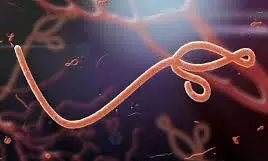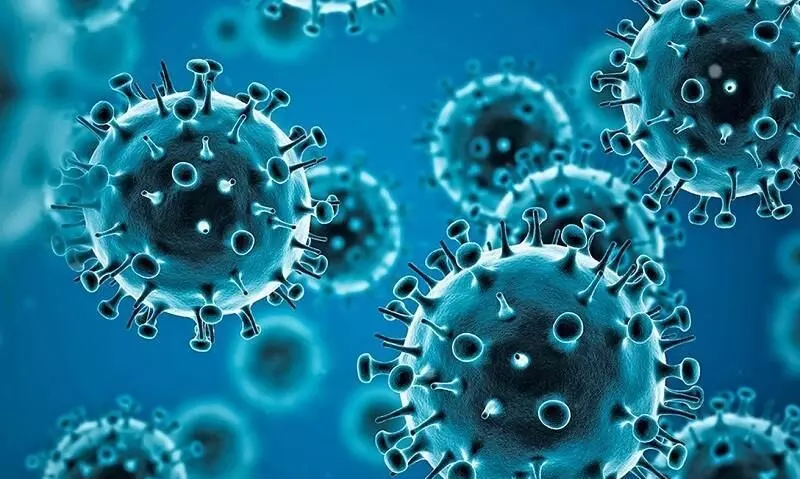
New Covid variants JN.1, HV.1 raise immunity concerns: US CDC
text_fieldsNew Delhi: After a brief lull, COVID-19 infections have resurfaced with newer variants with the US Centers for Disease Control and Prevention (CDC) flagging concerns over two new variants, JN.1 and HV.1, with the potential to evade the immune system.
In a recent respiratory virus update, the CDC said that JN.1, is part of the same lineage of BA.2.86 and contains an extra spike mutation -- L455S mutation, which has immune-evasion properties.
JN.1 was detected in the US in September and has also been identified in 11 other countries including the UK, US, Iceland, Portugal and Spain, the CDC said.
It added that nearly all viruses circulating in the US now are part of the XBB family and that JN.1 makes up less than 0.1 per cent of SARS-CoV-2 viruses.
The CDC said initial data suggest that updated Covid vaccines will help protect against BA.2.86, and it expects a similar effect against JN.1.
 Also Read:Study warns 'spillover events' from killer viruses, likely to cause 12 times more deaths by 2050
Also Read:Study warns 'spillover events' from killer viruses, likely to cause 12 times more deaths by 2050
"There is some data that suggest JN.1's parent BA.2.86 may be more transmissible than previous variants. Since JN.1 is a derivative of BA.2.86, there is a concern that it may be more transmissible. The updated vaccine is closer to JN.1 than our old vaccine, the hope is that, even if we see more cases with JN.1, the updated vaccine will protect against severe disease," said Thomas Russo, professor and chief of infectious diseases at the University at Buffalo in New York, was quoted as saying to Prevention.com.
Further, according to the CDC Data, HV.1 surfaced in mid-summer, before cases began rapidly increasing in September.
Now, the variant causes nearly 20 per cent of all Covid cases in the US, the agency said. HV.1 is a sub-variant Omicron XBB, that descended from EG.5. According to experts, both JN.1 and HV.1 are transmissible.
"For as long as we have Covid-19, we'll have new variants. Nearly all represent relatively small changes compared with previous variants. CDC and other agencies monitor for impacts of new variants on vaccines, tests, and treatments, and will alert the public quickly if anything concerning is detected," the CDC said.
With inputs from agencies
























